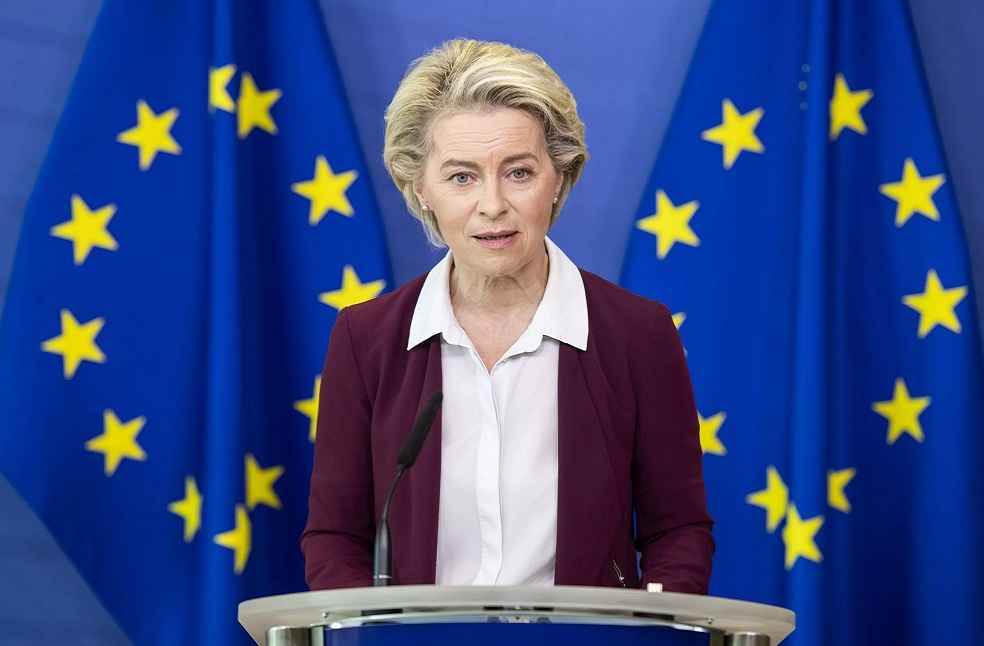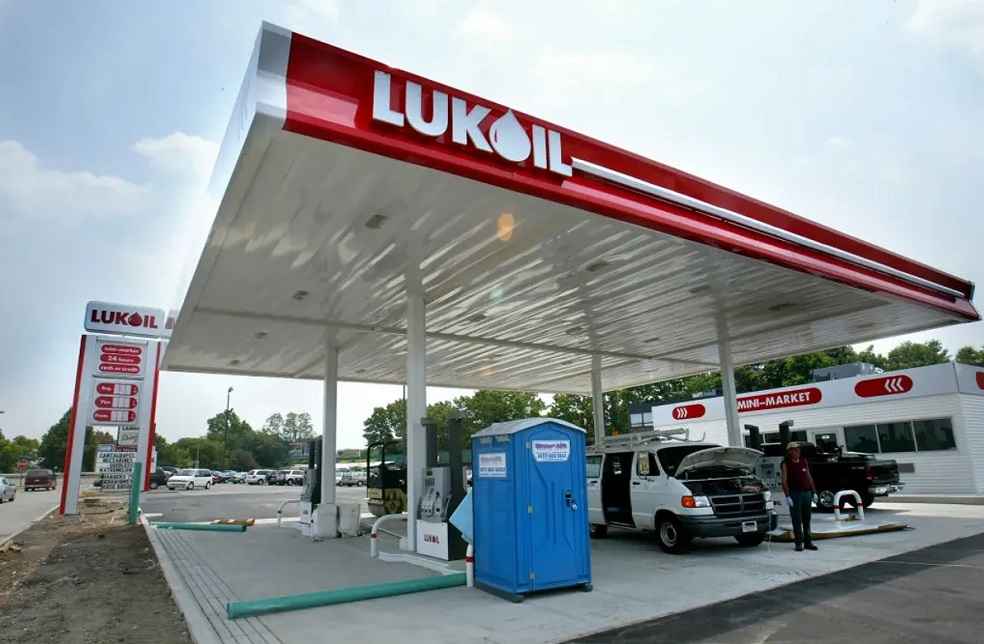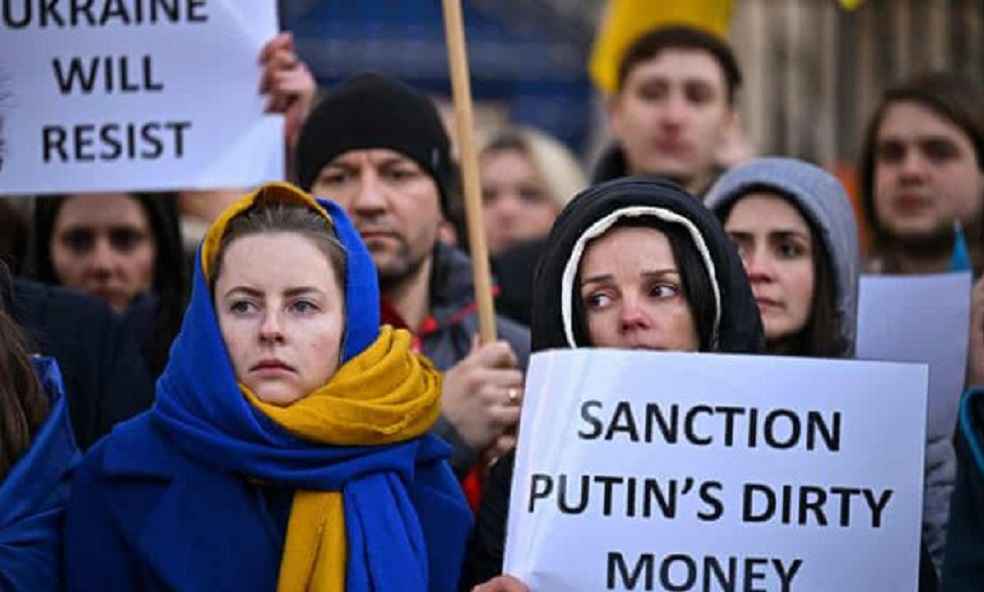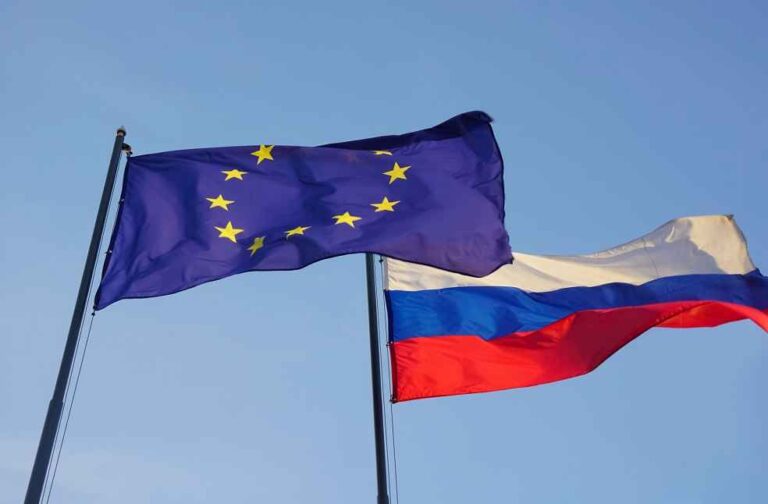The European Union (EU) is escalating its efforts to combat the evasion of sanctions against Moscow, with a particular focus on the G7 oil price cap on Russian oil exports. This advancement is marked by the European Commission’s preparation to roll out a robust 12th sanctions package. This package is specifically designed to support the existing price cap of $60 per barrel on Russian crude exports, ensuring its effectiveness.
At the forefront of this initiative is Ursula von der Leyen, the President of the European Commission. She has firmly stated the EU’s resolve in augmenting its sanctions policy, announcing, “We are working on another round of sanctions.” This commitment is also mirrored by Arianna Podesta, the EU Commission’s deputy chief spokesperson, who highlighted the immediate and strategic steps being undertaken to directly confront attempts at circumventing sanctions.

The move to intensify these measures is largely driven by a revealing investigation conducted by a group of NGOs, including Global Witness. Their findings suggest possible violations of sanctions by Russia’s Lukoil, specifically at its Bulgarian refinery, Neftochim Burgas.
The suspicion is that this refinery may have exported fuel oil to Rotterdam, which was partially produced using Russian crude, thereby potentially sidestepping EU sanctions. Despite these allegations, Lukoil maintains its position of compliance with all legal and regulatory frameworks, including adherence to the G7 price cap rules.

An important aspect of this situation involves Bulgaria, which, despite being under EU sanctions, is allowed to import and process Russian oil until the end of 2024. The EU’s regulations also provide for the export of certain refined products, subject to historical trading patterns and essential environmental and safety standards. The EU has underscored the critical role of member states, especially Bulgaria, in the diligent implementation of these sanctions.
As the international community’s attention on this issue intensifies, the EU Parliament has taken a stand. It has passed a resolution calling for more stringent monitoring to prevent Russia from evading sanctions. This resolution, while not legally binding, highlights a significant gap that permits Russian oil to indirectly access the EU market. The EU legislative body is advocating for a concerted effort with the G7 to further reduce the price cap on Russian oil and to implement a comprehensive embargo on Russian LNG and LPG imports.

This coordinated approach is in sync with the United Kingdom’s recent sanctions against individuals and entities associated with Russia. These sanctions are aimed at disrupting networks involved in oil and metals, which are believed to be crucial in supporting Russia’s war economy. The EU’s latest position is a significant step in the global initiative to diminish Russia’s economic influence and obstruct its military operations.
IMEX SECTOR | China Buys US Soy: Reserve Strategy Over Crushing Demand



